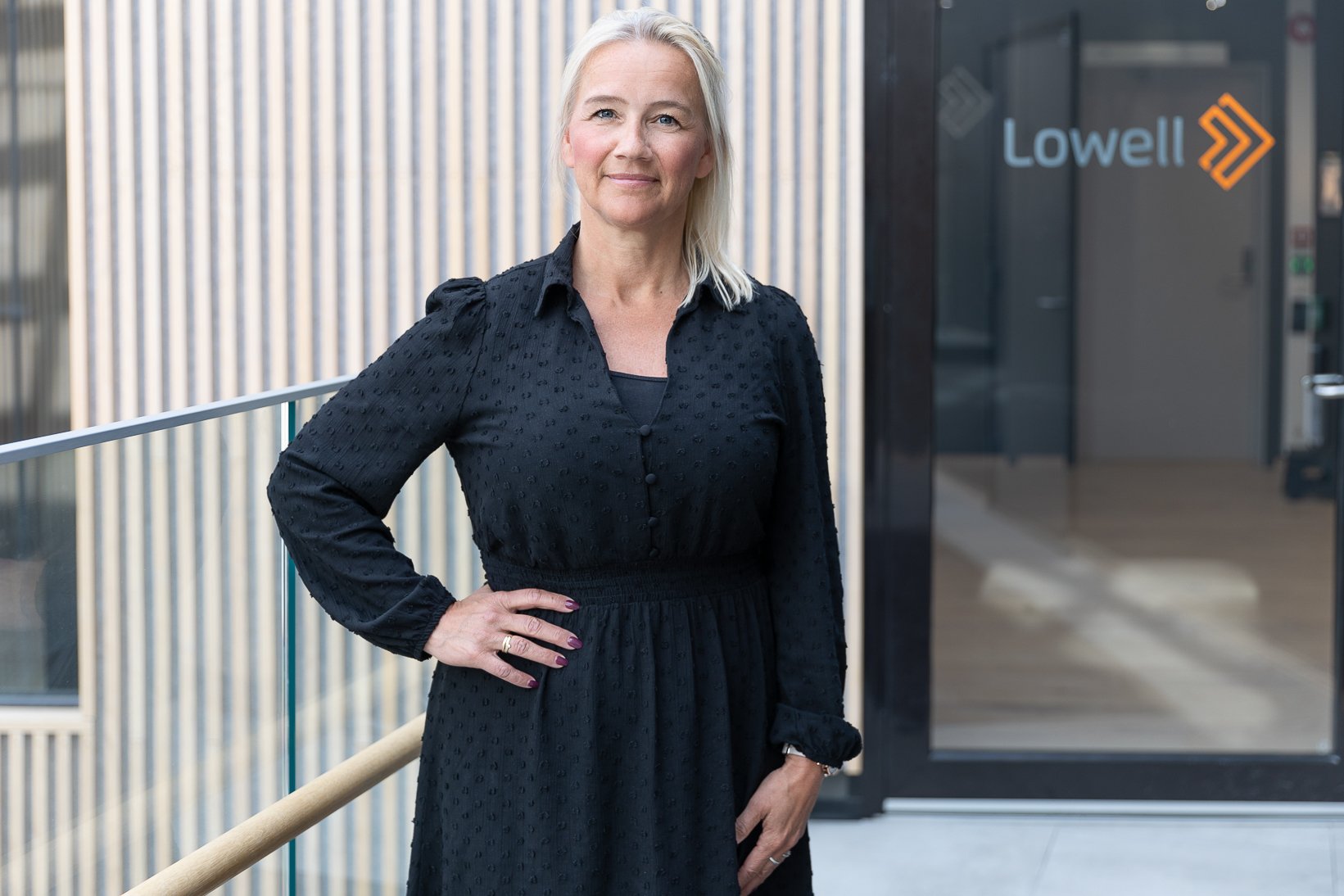Worries about debt can lead to stress, anxiety and depression, especially when concerns are kept to oneself and not discussed with friends or family. Feelings of embarrassment can make it uncomfortable to raise the topic of debt and prevent us from reaching out for help and looking for solutions.
According to Beatrice Widmark, Behavioural Science Advisor at innovation and consultancy company Whateverland, the feeling of shame associated with being in debt is caused by prejudice. We often tend to think that indebted people have somehow failed, lack self control and have poor financial management skills. Even though there are numerous external factors that can lead to someone running into debt, such as unemployment, divorce and illness.
– All kinds of people can fall into a debt trap due to things that are beyond their control. Especially now that we are in the midst of a cost of living crisis where many struggle to make ends meet. In general, money and personal finances are a very emotional issue that we don’t feel comfortable talking about. Debt in particular is a taboo topic in society, says Widmark.
 According to Ms Widemark, it is important to still have goals and dreams that can motivate you to pay off your debt.
According to Ms Widemark, it is important to still have goals and dreams that can motivate you to pay off your debt.
Vulnerable groups at risk
Widmark refers to studies showing how people describe feeling a lot better after they have started talking about their debt with loved ones. Also, meeting other people in the same situation and realising that you are not alone can relieve debt-related stress.
– Our financial wellbeing – i.e. our feelings of security and control of our personal finances – is poor when we are stressed about money. Even someone with a relatively low amount of debt can experience stress if they don’t feel in control of their finances. So it can affect all income levels and people in different life stages as well, Widmark points out.
Considering the tendency of different age groups falling into debt, Widmark sees especially young people at risk, as getting consumer loans online and postponing payments on purchases is so easy. This view is shared by Marit Olsen, Financial Advisor at Lowell in Norway. She has witnessed the effects of the phenomenon, and is worried about the state of financial literacy among young people.
– There is a noticeable lack in the understanding of basic financial concepts. When younger people call us, I can spend quite a lot of time explaining how debt and interest work. Some are really surprised how the amount of debt has increased even though the main claim was initially lower, Olsen says.
She has also seen a clear increase in cases where people get in contact because of their finances worsening due to the difficult economic situation and cost of living crisis. Rising electricity bills, food expenses and interest rates have hit most heavily those who are already in a tight financial situation, and also people who have never before dealt with a debt collector.
Have the courage to seek help
Having previously worked in the healthcare sector for almost 30 years before joining Lowell, Olsen says she has first-hand experience of how debt and poor finances can affect the mental health of an individual. This, in turn, can also lead to physical health concerns.
– There are cases where struggles with finances and unsolved issues can end relationships between couples and affect the ability of parents to take care of their children. If no steps are taken to tackle the debt – for example by reaching out to the creditor and looking into possibly changing your payment plan – this can lead to an escalating circle of debt, Olsen says.
When encountering people that are in an emotional state and express feelings of stress and depression because of their debt situation, Olsen says that the most important thing is to be a good listener, welcoming, understanding and empathetic.
– Many customers admit that they were first afraid to contact us, but feel better after talking to someone and getting advice in a demanding situation. As a counsellor, spouse and mother, it is not difficult to meet people with compassion. I often thank customers for taking the step to contact us, and encourage anyone with debt and mental health concerns to ask for help – whether from loved ones, your GP, creditor or bank.
 Ms Olsen can spend a lot of time explaining how debt and interest rates work. Some people are really surprised at how the amount of debt has increased, even though the main claim was initially lower.
Ms Olsen can spend a lot of time explaining how debt and interest rates work. Some people are really surprised at how the amount of debt has increased, even though the main claim was initially lower.
Take action and share experiences
How should one begin to resolve a debt situation that causes mental health concerns? Olsen says that the most important thing is not to deny and hide the debt. Feelings of shame may cause people to stop opening and reading debt collection letters and emails, which only causes the debt to increase. It’s never too late to seek help.
In Beatrice Widmark’s view, one should avoid going into panic mode and try to stay calm and analyse the situation: what kind of debt do you have, and which ones to prioritise and begin paying off first?
– One of the biggest risks is that people become a bit paralysed and don’t know where to start. They may feel that their situation is unsolvable, and begin to procrastinate in taking action. Many are afraid to seek help and don’t know that there are usually various options available for negotiating the payback of loans. Also, a lot of professional help and both practical advice and emotional support is available, Widmark says, adding that it is naturally advisable to be proactive in creating a safety net and financial buffer for emergency situations already before they get worse.
– Another thing is not to forget a future-oriented mindset, as it’s easy to become stuck in the current situation. It’s important to still have goals and dreams that will motivate you to pay off your debts, Widmark notes.
Considering ways of removing the negative stigma attached to being in debt, Widmark hopes that discussing financial health and wellbeing will follow the same path as public discussions concerning mental health in general. Public figures are needed to take the lead and share their experiences openly.
– At least here in Sweden there has been quite a fast shift in the past decade or so in how, for example, celebrities have opened up about their anxieties and depression. This, in part, helps to make the topic more normative and provides peer support. The topics of debt and financial difficulties have already been brought up more especially after the pandemic and the cost of living crisis, so there is now a definite momentum to continue discussing the issue, Widmark concludes.


